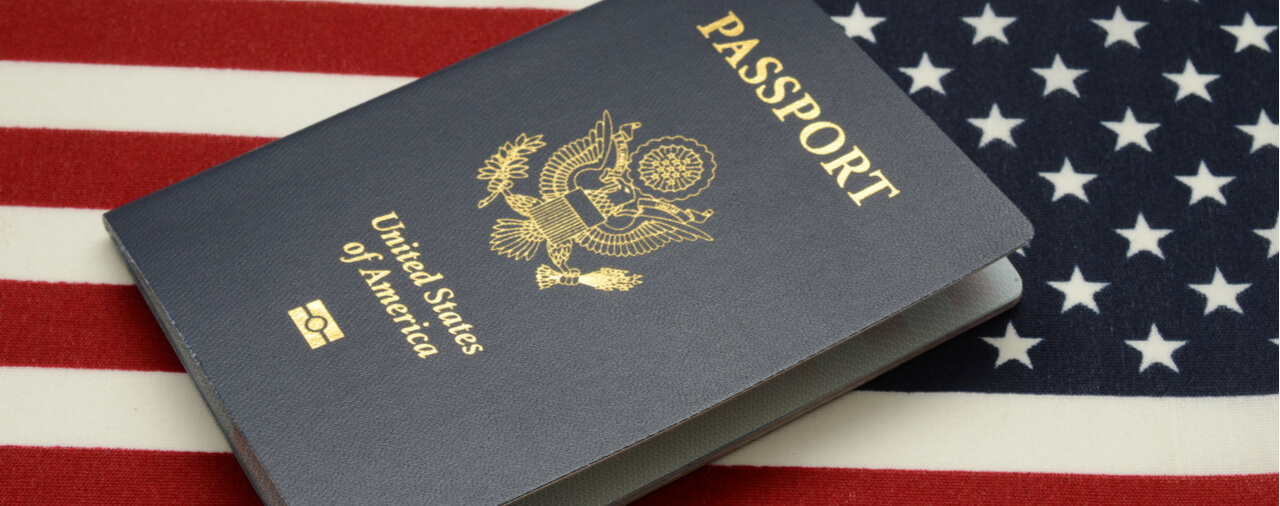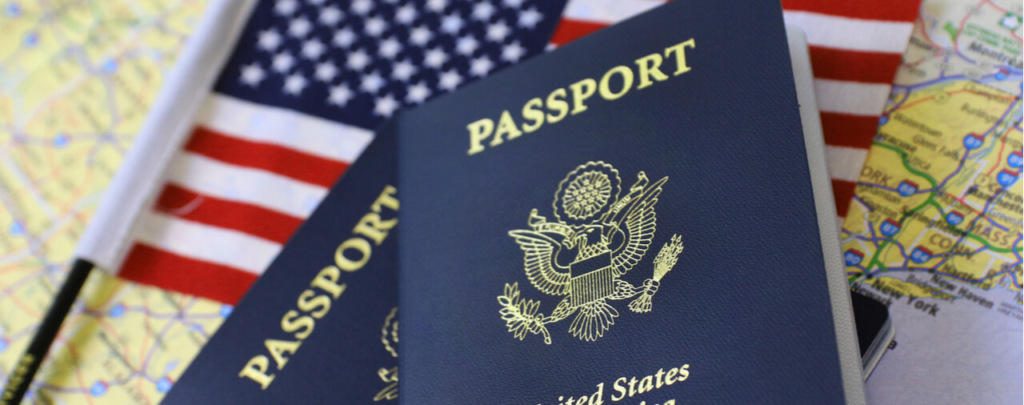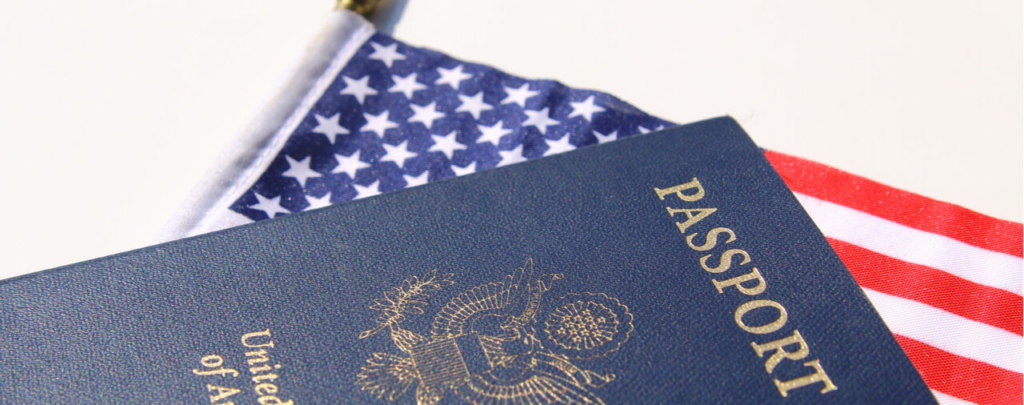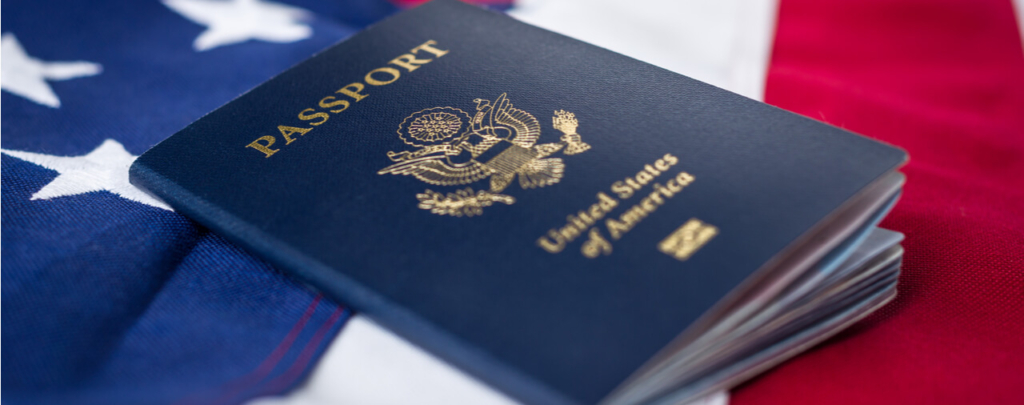The U.S. Department of State (DOS) changed its interpretation of the rules governing the derivation of citizenship at birth for children born through assisted reproductive technology (ART) to a married U.S. citizen and foreign national couple.
In the case of a child born abroad to a U.S. citizen and noncitizen parent, the child may, in some cases, derive citizenship from the citizen parent. We discuss the derivation of citizenship rules generally in a separate article [see article].
The DOS had special rules for cases in which a child was born abroad to a U.S. citizen and noncitizen parent and the child was conceived through assisted reproductive technology, or in vitro fertilization (IVF). Under previous Department guidance, the child could only derive citizenship at birth if he or she had a genetic or gestational tie to the U.S. citizen parent from whom he or she would derive citizenship. That meant if a U.S. citizen was married to a noncitizen and the child, born through IVF, only had a genetic or gestational tie to the noncitizen, the child would not derive citizenship at birth from the U.S. citizen.
The DOS has now changed its interpretation of the derivation of citizenship statute (INA 301) in cases of assisted reproductive technology, or IVF. The DOS summarized the new rule [link] in a press statement:
Children born abroad to parents, at least one of whom is a U.S. citizen and who are married to each other at the time of birth, will be U.S. citizens from birth if they have a genetic or gestational tie to at least one if the parents and meet the INA’s other requirements.
(Emphasis added.)
In short, so long as the parents were married at the time the child was born, the DOS will consider both parents to be the parents of the child for derivation of citizenship purposes. Thus, even if the child only has a genetic and/or gestational tie to the noncitizen parent, the child will be able to derive citizenship from the U.S. citizen parent with whom he or she has no genetic or gestational tie, provided that the parent is otherwise eligible under INA 301 and applicable guidance to pass down citizenship.
The change is retroactive [link], meaning that parents may reapply to have their children recognized as having derived citizenship at birth if the child would have been considered to have derived citizenship at birth under the reinterpretation of section 301 of the Act.
It is important to note that this rule change does not affect children born to unmarried parents. A child must have a genetic or gestational tie to the U.S. citizen parent if the parents are unmarried in order to derive citizenship at birth.
The DOS notes in the conclusion of the piece that it will be vigilant in examining cases for fraud going forward.





